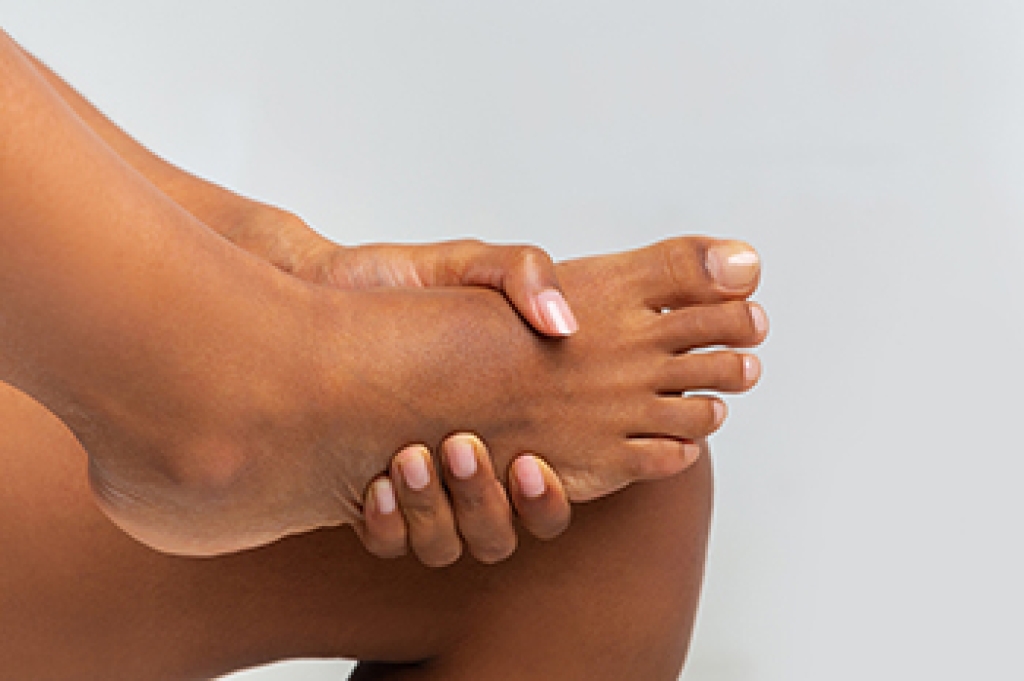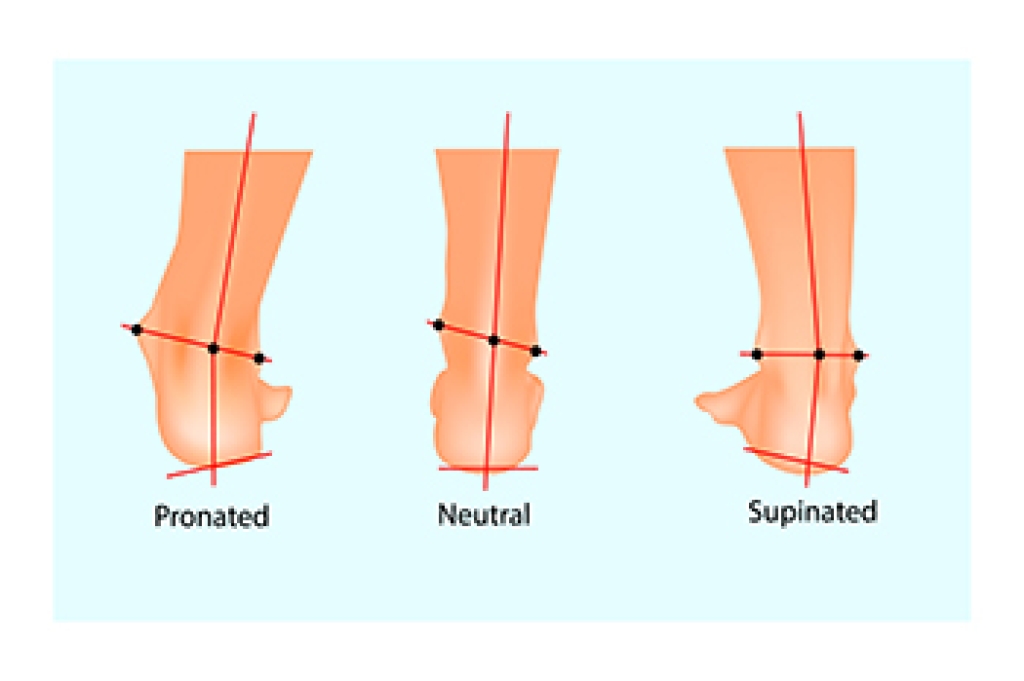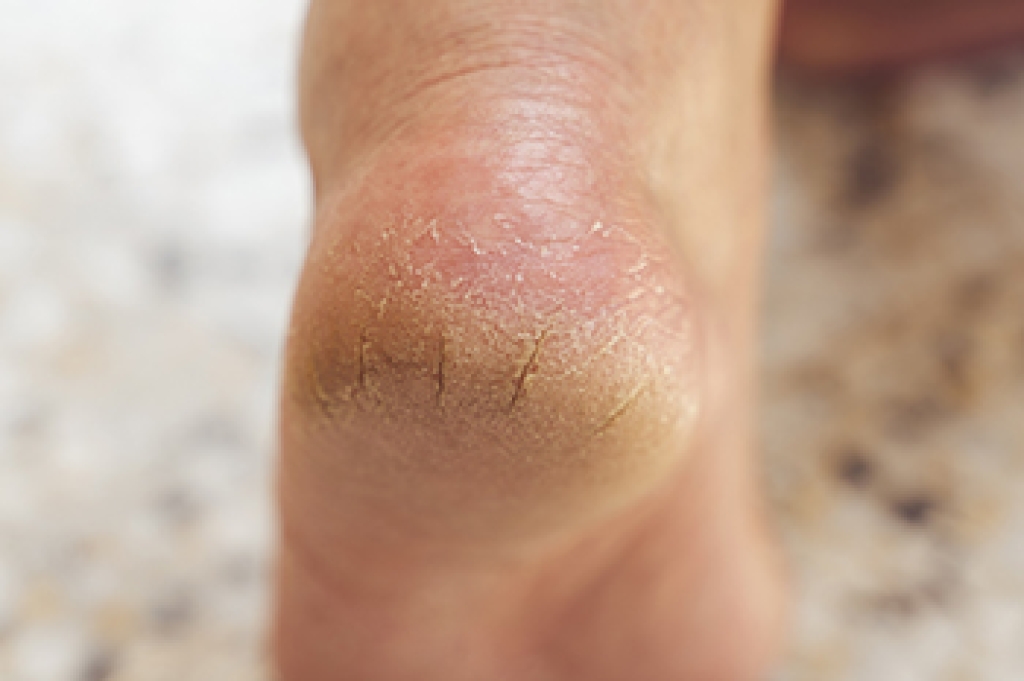
Pain in the forefoot can result from various conditions that affect the bones, nerves, and soft tissues. Metatarsalgia occurs when the ball of the foot experiences excessive pressure, leading to inflammation and discomfort, often worsened by high-impact activities. Sesamoiditis involves inflammation of the small sesamoid bones beneath the big toe, commonly affecting individuals who engage in activities that place repetitive stress on the area. Morton’s neuroma develops when the tissue around a nerve thickens, causing sharp pain, tingling, or numbness between the toes. Toe pain can also result from arthritis, bunions, or improper footwear that crowds the toes. If you have pain in this part of your foot, it is suggested that you consult a podiatrist who can accurately diagnose the cause, and offer effective treatment solutions.
Foot Pain
Foot pain can be extremely painful and debilitating. If you have a foot pain, consult with one of our podiatrists from Associates in Podiatry, PC. Our doctors will assess your condition and provide you with quality foot and ankle treatment.
Causes
Foot pain is a very broad condition that could be caused by one or more ailments. The most common include:
- Bunions
- Hammertoes
- Plantar Fasciitis
- Bone Spurs
- Corns
- Tarsal Tunnel Syndrome
- Ingrown Toenails
- Arthritis (such as Gout, Rheumatoid, and Osteoarthritis)
- Flat Feet
- Injury (from stress fractures, broken toe, foot, ankle, Achilles tendon ruptures, and sprains)
- And more
Diagnosis
To figure out the cause of foot pain, podiatrists utilize several different methods. This can range from simple visual inspections and sensation tests to X-rays and MRI scans. Prior medical history, family medical history, and any recent physical traumatic events will all be taken into consideration for a proper diagnosis.
Treatment
Treatment depends upon the cause of the foot pain. Whether it is resting, staying off the foot, or having surgery; podiatrists have a number of treatment options available for foot pain.
If you have any questions, please feel free to contact our offices located in Pittsburgh-South Hills, and Pittsburgh-Bellevue, PA . We offer the newest diagnostic and treatment technologies for all your foot care needs.




